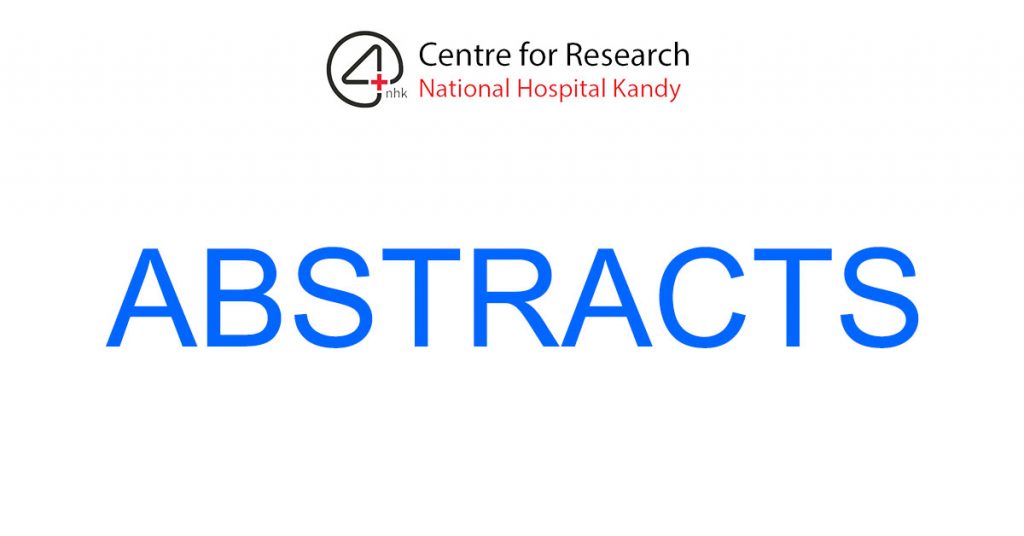Shuchi Anand1 , Ben Caplin2 , Marvin Gonzalez-Quiroz2,3 , Stephen L. Schensul4 , Vivek Bhalla1 , Xavier Parada5 , Nishantha Nanayakkara6 , Andrew Fire1 , Adeera Levin7 and David J. Friedman8 , on behalf of International Society of Nephrology’s International Consortium of Collaborators on Chronic Kidney Disease of Unknown Etiology (i3C)9
1 School of Medicine, Stanford University, Stanford, California, USA; 2 University College London, London, UK; 3 National Autonomous University of Nicaragua, Leon, Nicaragua; 4 School of Medicine, University of Connecticut, Farmington, Connecticut, USA; 5 Mount Sinai Medical Center, New York, New York, USA; 6 Kandy Teaching Hospital and Center for Research and Training on Kidney Diseases, University of Peradeniya, Kandy, Sri Lanka; 7 University of British Columbia, British Columbia, Canada; and 8 Beth Israel Deaconess Medical Center, Harvard Medical School, Cambridge, Massachusetts, USA
Twenty years ago, nephrologists working in El Salvador and Sri Lanka described a progressive kidney disease leading to devastatingly high rates of death from kidney failure in young and middle-aged individuals. 1 ,2 Other descriptions including documentaries and press reports brought chronic kidney disease of unknown etiology (CKDu) to the world’s attention, presenting the toll on working families unable to afford kidney replacement therapy. 3 Additional regions with a similar profile of kidney disease have since been discovered, but few rigorous studies have been performed to investigate candidate hypotheses. Research has been challenging because of political circumstances, the marginalized nature of populations afflicted, and the scarcity of personnel and funding.
Keywords : chronic kidney disease, epidemiology, ethics, global health, interstitial nephritis, molecular diagnostic techniques

